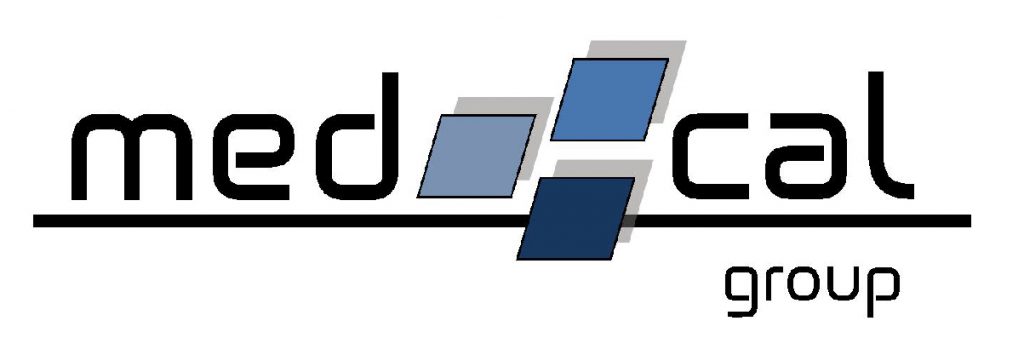
There’s nothing that can ruin a patient’s recovery than a medical bill declined by their own insurance. Insurance denial may look like an issue between the patient and his insurance provider, but health organizations hold the bigger piece of the pie.
Claims processing has always been a tedious process in any healthcare organization. Without proper process and error-free procedures, clean claims will always be difficult to achieve. Claims denial can be a challenge to deal with, but systems inside a healthcare institution highly depend on it.
Common Reasons Why Insurance Claims Are Denied
Poor claims management affects the financial health, operations, and dignity of a practice and the people behind it. Insurance denial is more likely a product of faulty processing. From the registration up to claim submission, all processes involved must be smooth, timely, and error-free.
Here are the most common reasons why an insurance claim is denied:
1. Missed filing deadlines
There are a number of reasons why filing deadlines are missed. Insurance providers have different sets of timelines and sometimes it can get confusing during claims processing. Some payers are generous enough to wait 90 days to a year from the date of service, while some can only hold up to 15 to 30 days.
Organizations with unstable claims management systems tend to miss deadlines more frequently. Issues about incomplete documents, lost papers, missing bill reports, and other administrative tasks can get lost in the piles. While these can easily be corrected, some simply failed to make it on time.
2. Invalid subscriber identification details
Sometimes, errors were unconsciously made at the beginning of the registration process. This can lead to inaccurate data or incomplete subscriber identification details. For example, the patient handed an old ID number, or their information wasn’t updated. Other times, staff members failed to manually input the right information due to distractions during data collection. Honest mistakes like this can be grounds for outright insurance denial.
Advanced systems can pave the way to a better data collection process. It’s ideal for health providers to come up with technologies to avoid simple human errors. It’s also important to note that delegating processes like this to trained and responsible staff members is key to achieving clean claims.
3. Duplicate claims
Healthcare Finance News found out that healthcare providers are the biggest cause of claim denials, more than insurance policies and medical conditions. Among its mistakes are simple administrative mishaps, and one of them is submitting duplicate claims.
These accidents usually happen due to lack of steady systems in the practice. An admin staff would sometimes resubmit claims before an insurance company responds to the first submitted claim. Tracking workflows, updating status, and a steady system should always be in place when running financial processes like medical claims filing.
4. Faulty coding
Coding languages change from time to time, and while medical practitioners adapt to these changes, errors can easily be made. Providing a modern technology system that would minimize human intervention can be the best way to deal with this. Clinical knowledge base must be updated fully to avoid potential problems during claims processing.
Faulty coding also happens when modifiers are incorrectly used. Medical coders and staff who facilitate this process should be well-trained on the use of appropriate modifiers. They should also be given proper tools that would help them finish the task faster and most importantly, free from errors.
Related: 5 Common Medical Billing & Coding Errors
5. Medical necessity issues
In some cases, the insurance or payer believes that the requested service is not medically necessary for the subscriber. While it can be true in some cases, this can also be the result of incomplete documents and data that can support the level of medical necessity.
Additional documentation is usually requested for this. Health providers should have an integrated EHR and PM platform for a more efficient charting and speedy access to the documents needed. While platforms are considered a best investment for this, they can also cost a fortune, especially for small and starting healthcare providers.
6. Services are not covered by the plan
There are a number of reasons why a certain service can’t be covered by the plan. However, it still falls on the biller’s responsibility. Healthcare providers should be able to differentiate what is considered valid in the insurance policy and communicate it to the patient beforehand. They should be able to read and understand different insurance policies and plan inclusions to make it easier for all.
Some common cases also include failure to correctly classify the service requested under screening studies or lab tests. Some lab tests for example, were incorrectly listed as screening studies which, in the payer’s point of view, can’t be accepted as valid. Billers should have staff members who know how to differentiate these services on a case-to-case basis.
7. Data discrepancies
One of the simple and most common reasons for claim denials are data discrepancies. This could be the result of a wrong registration, improper use of codes, or incorrect patient information. For one simple mistake of identifying a patient as a male, if the requested medical service is only applicable to females, this will automatically deem the claim denied.
Systems and platforms should be put in place to avoid claim billing errors, but it should also be guided and managed by a trained staff. There will always be flaws in the system, and a medical staff member must be able to identify these errors before submission.
…
This may be a hard pill to swallow, but not all healthcare providers and organizations are ready to face these medical billing issues, especially when it comes to claim denials. Sometimes, it’s best to leave it to people who can focus on these processes entirely.
When it comes to medical billings, is it worth it to invest in costly systems, staff hiring and high-quality training, when all you need is a service that can handle all your medical billing needs? If you’re interested to know about our denial management in medical billing and other services, schedule an appointment and we’ll be happy to walk you through.
Resources:
https://www.aafp.org/pubs/fpm/issues/2015/0300/p7.html
https://www.carecloud.com/continuum/3-common-issues-that-lead-to-insurance-claim-denials/
Last updated on 2022/06/23 | Posted on 2022/06/15

